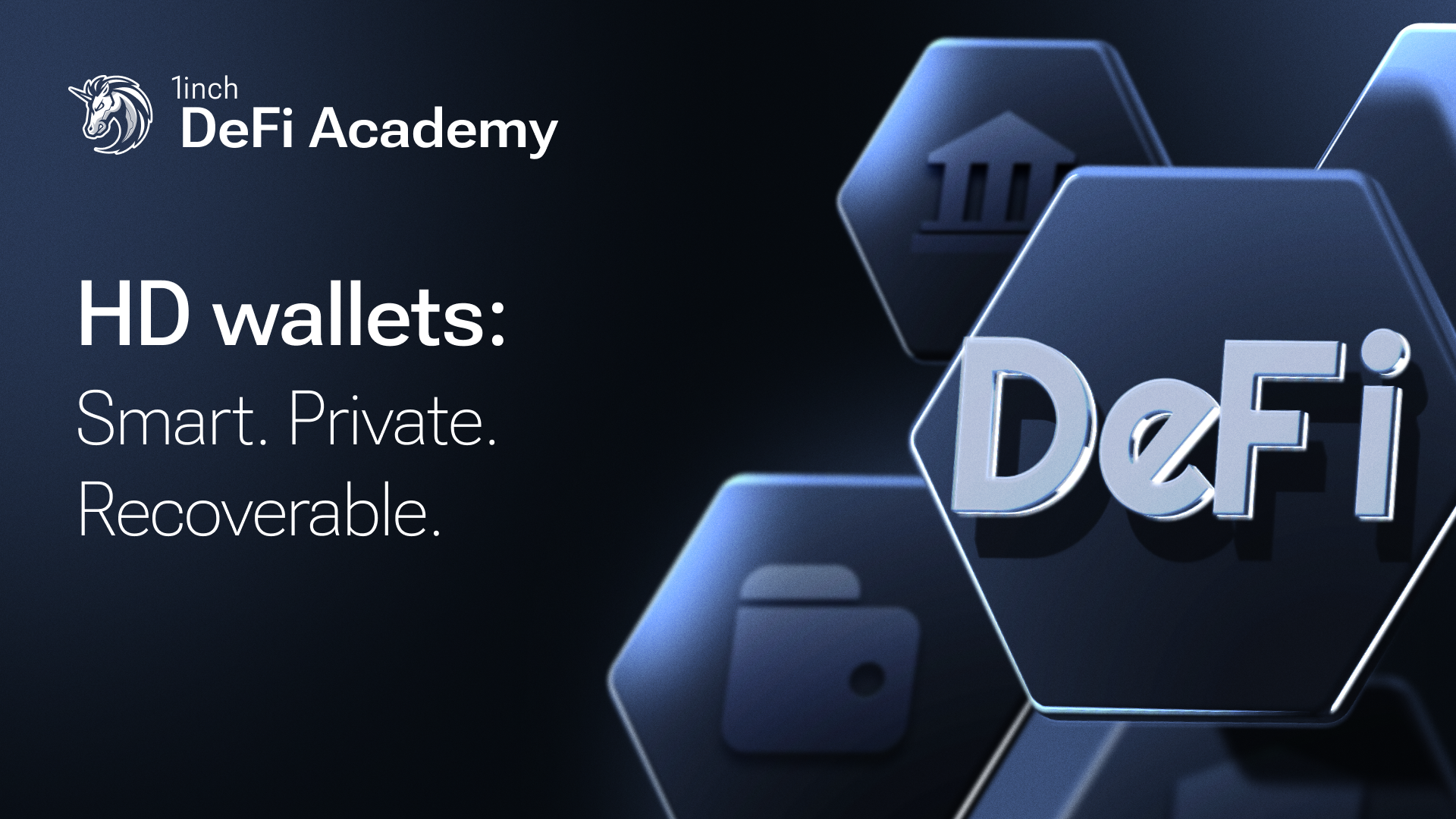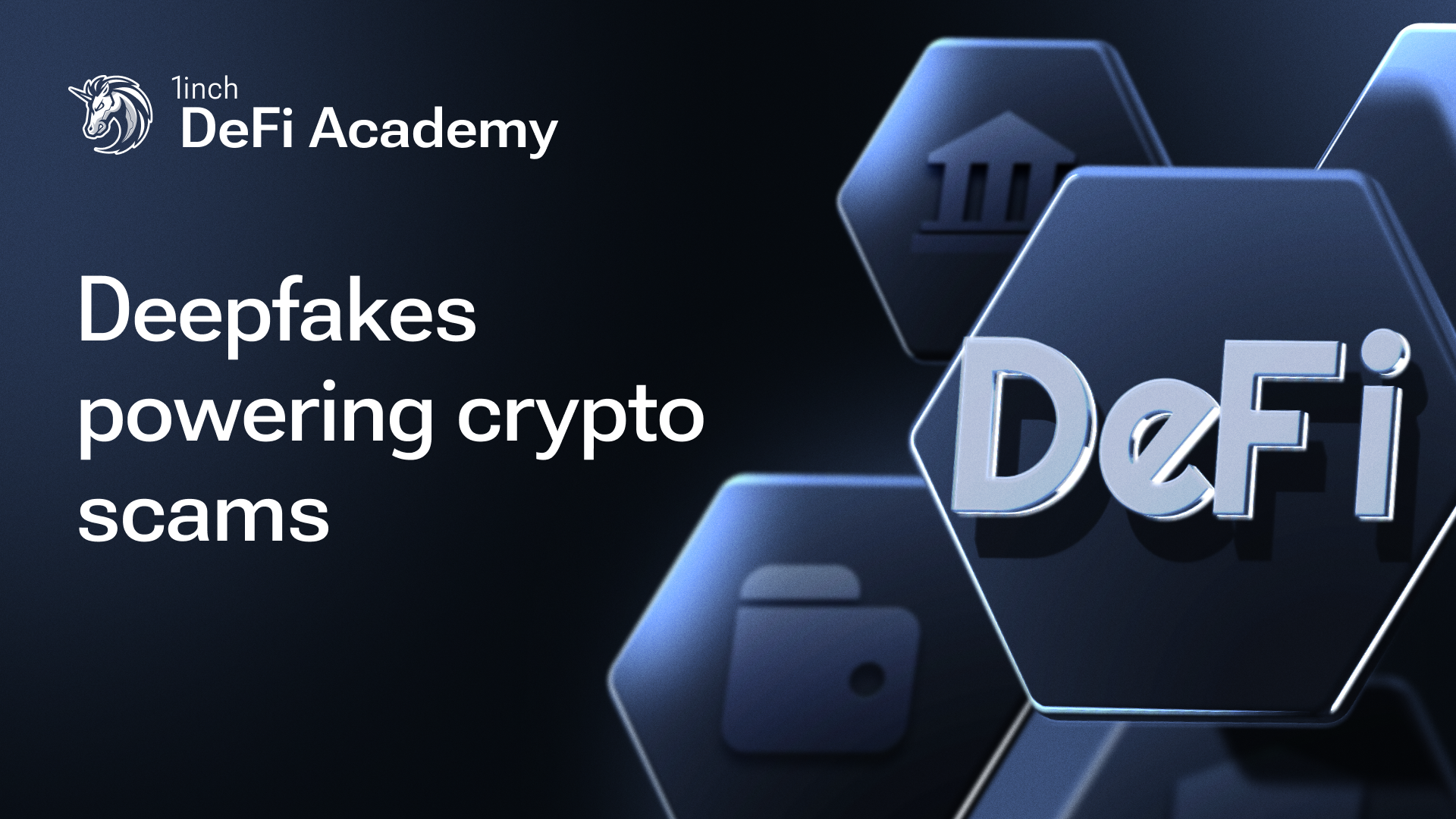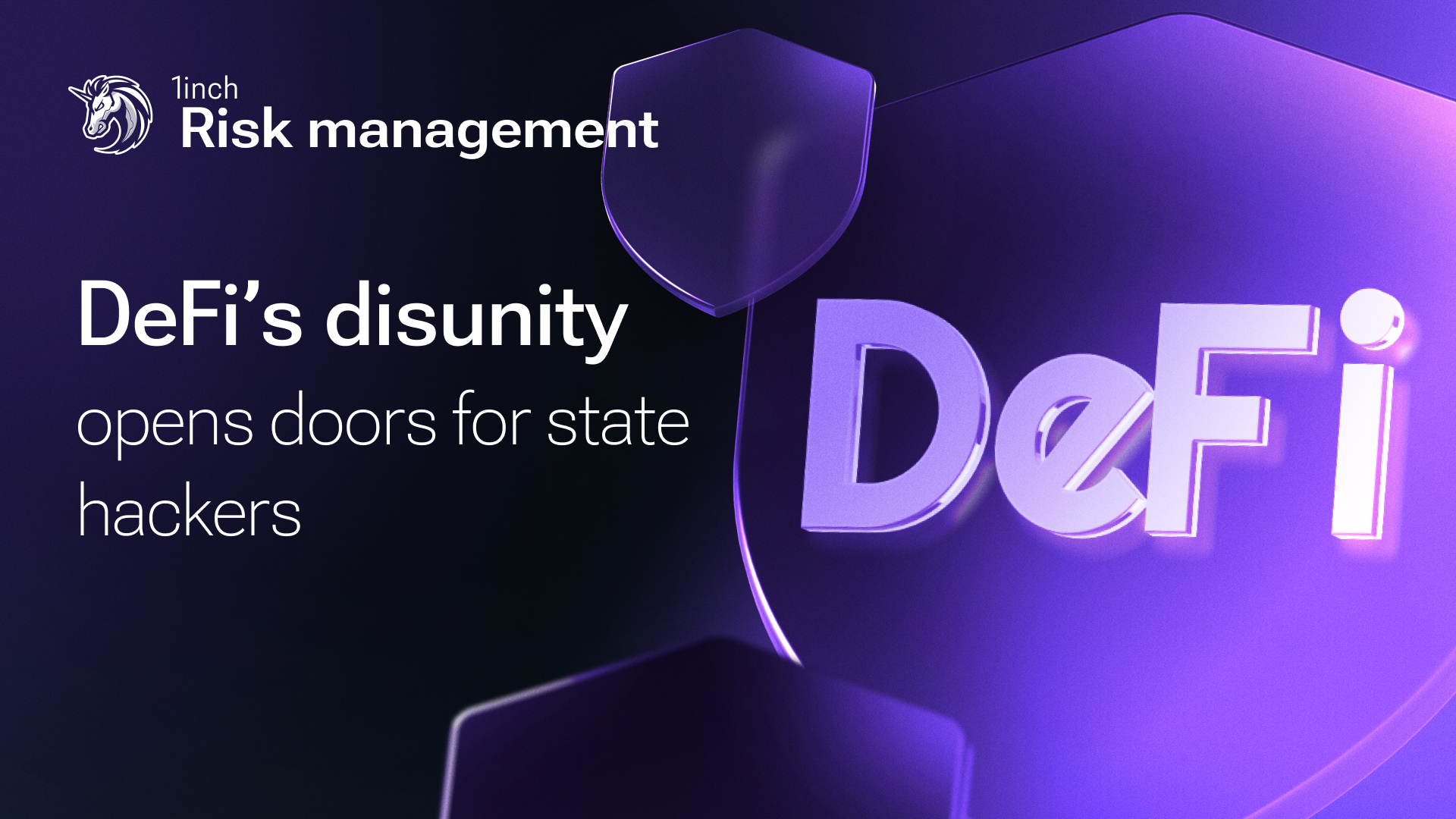What are HD wallets and why do they matter?

HD wallets provide the technical foundation for streamlined key management, making them a standard feature in today's most reliable cryptocurrency applications.
Hierarchical Deterministic (HD) wallets address key security and usability challenges faced by cryptocurrency users. By deriving multiple addresses from a single recovery phrase, these wallets eliminate the need to manage countless private keys while maintaining a structured system for organizing digital assets.
This practical approach resonates with users across experience levels – from individuals securing personal holdings to organizations requiring sophisticated asset management.
From non-deterministic to hierarchical deterministic wallets
Before HD wallets, early crypto wallets were non-deterministic, meaning they generated completely unrelated key pairs for every new address. Every key pair had to be backed up separately. Managing a few wallets was manageable but managing hundreds quickly became chaotic and impractical.
HD wallets solved this challenge. Instead of unrelated keys, they generate all keys from a single master seed – typically represented as a human-readable recovery phrase, also known as a seed phrase, consisting of 12, 18 or 24 words.This tree-like structure allows users to recover their entire wallet with just that one seed, dramatically simplifying backup and recovery processes.
How HD wallets work
At the heart of an HD wallet is the master key pair consisting of a master private key and a master public key. From this pair, the wallet can deterministically derive an unlimited number of "child" keys and addresses using a structured, hierarchical format.
A process is deterministic when it always produces the same output from the same input. In the case of HD wallets, this means that every address and key is mathematically generated from the master key in a predictable, repeatable way. If you have the original seed phrase, you can recreate the exact same wallet structure and all associated keys – no matter where or when.
Each level of this structure can branch further:
- Master key → Accounts
- Accounts → Wallet chains
- Wallet chains → Individual addresses
This tree-like system allows users to organize addresses by purpose, such as personal use, business, savings or investments, while maintaining full control and recoverability from a single seed phrase.
Additionally, extended public keys (xPub) allow new addresses to be generated without exposing private keys, making them ideal for platforms or merchants that require dynamic, secure receiving addresses.
What are derivation paths?
In an HD wallet, every new crypto address is created by following a structured set of rules called a derivation path. This path tells the wallet exactly how to generate each address from the original backup – the seed phrase. Each address receives a unique index, which determines the order in which addresses are created (first, second, third, etc.). So even if you create thousands of addresses, they remain organized and can always be regenerated from the same seed phrase.
Example:
- The first Ethereum address might use the path m/44'/60'/0'/0/0
A derivation path like m/44'/60'/0'/0/0 is a structured instruction that tells an HD wallet how to generate a specific address from the seed phrase. Here's what each part means:
- m — the master node, derived from the seed
- 44' — follows the BIP-44 standard
- 60' — identifies Ethereum (coin type 60)
- 0' — the first account
- 0 — external chain (used for receiving addresses)
- 0 — the first address in the chain
The next address would follow as m/44'/60'/0'/0/1, and so on. This structure ensures all addresses are logically organized and recoverable from the same seed.
Thanks to derivation paths and indexed structure, HD wallets can manage a large number of addresses efficiently without requiring separate backups for each one.
Advantages of HD wallets
Easy backup and recovery: A single seed phrase backs up the entire wallet – no matter how many addresses are created. This means users only need to save one backup to restore everything.
Enhanced privacy: New addresses can be automatically generated for every transaction, making it harder to link activities on a public blockchain. This helps preserve anonymity and financial privacy.
Improved security: HD wallets minimize exposure of private keys and support hardened key derivation, which protects against certain attack vectors – especially in compromised or untrusted environments.
Simplified management: There’s no need to create new backups for every address or transaction. The original seed phrase remains valid for all current and future addresses, simplifying long-term wallet use.
Practical applications
HD wallets are now standard in both personal and professional crypto management:
- Individuals can сreate separate accounts for spending, saving and investing.
- Businesses accept crypto payments by generating a new address for each customer.
- Custodians and exchanges manage millions of user addresses securely and efficiently, with easier auditing and accounting.
HD wallets in 1inch Wallet
HD wallets are supported in the 1inch Wallet, offering structured address generation, flexible key management and easy recovery from a single seed phrase.
Stay tuned for more insights from 1inch as we explore the latest trends in DeFi!




























